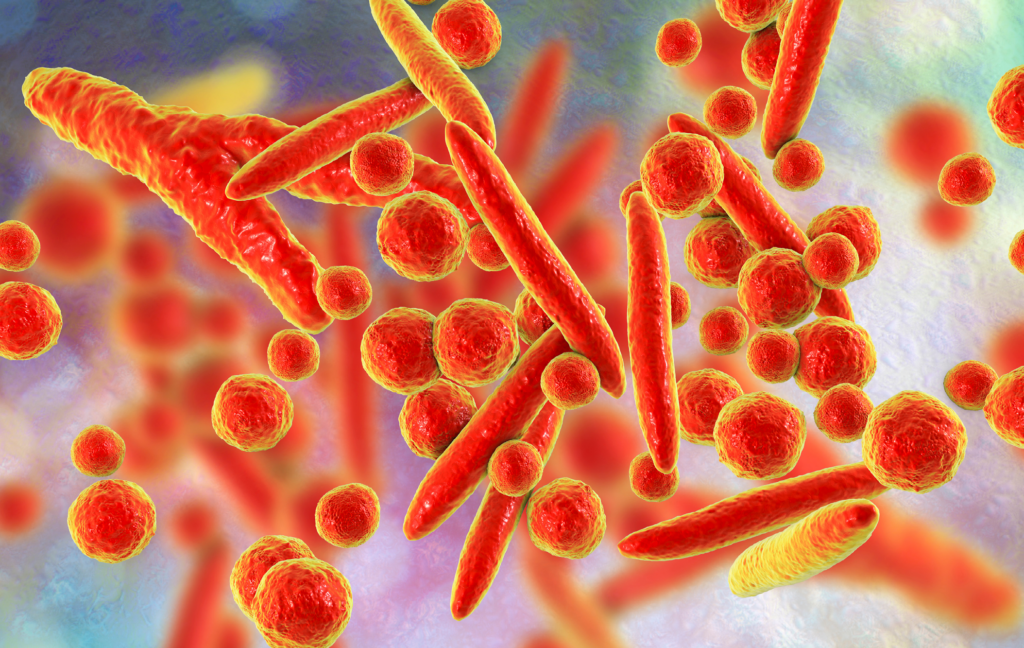A common sexually transmitted infection, Ureaplasma, can come in two species, Ureaplasma parvum and Ureaplasma urealyticum, as well as multiple serovars. Infection with Ureaplasma can result in premature births, making its effective diagnosis and treatment imperative. Given the delicate nature of Ureaplasma, the effective transport of clinical samples so that viability of the bacteria is maintained is an essential part of an effective diagnosis.
The Clinical and Laboratory Standards Institute Standard M40-A2 gives a minimum basic requirement of 48 hours for bacteria to survive in transport devices at ambient or refrigerated temperatures.
A study carried out by Rees and Spiller at 4 different temperatures over 264 hours, to ensure they meet the basic requirements and to study how Ureaplasma copes with different conditions and freeze-thaw cycles.
Similarly, Mycoplasma hominis, a notoriously fastidious organism, is sensitive to environmental factors. Transport medium and conditions are important to successful detection by culture in
clinical assays. Rees and Spiller did another study to evaluate the stability of M. hominis in SIGMA-VCM™ universal transport device, at different storage temperatures over 192 hours.
Both these studies showed that Viability of Ureaplasma species in SIGMA-VCM™ transport medium was stable for 4 days at room temperature. Viability could be extended to at least 264 hours if kept at 4˚C. In one study, despite 8 freeze-thaw cycles from -80oC to RT, 3 of the 4 strains maintained near baseline viability. This feature of SIGMA-VCM™ provides a significant improvement on currents methods of laboratory storage of M. hominis. They also showed that SIGMA-VCM™ transport medium has met and exceeded the basic requirements for transport of bacteria set out by the Clinical and Laboratory Standards Institute Standard M40-A2, and extended viability is possible through freeze-thaw cycles.
